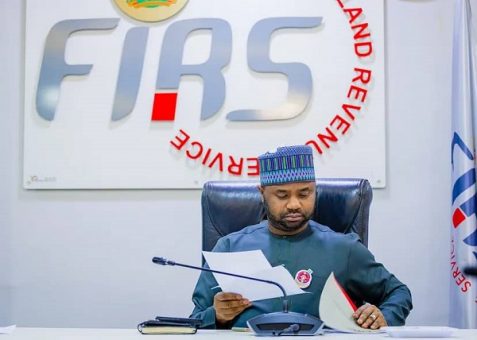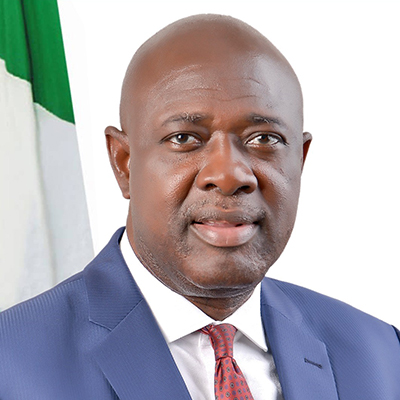
In a decisive move to stabilize Nigeria’s local currency, Central Bank Governor Yemi Cardoso has led the injection of $4.1 billion into the foreign exchange market between January and March 2024. This bold intervention comes at a time when the country’s external reserves declined to $32.29 billion. The aim is clear. Governor Cardoso wants to defend the naira, restore investor confidence, and reduce pressure on the currency.
The data, released in the bank’s latest quarterly report, shows that the CBN supplied a total of $4.1 billion across various segments of the forex market. These include bureau de change operators, authorized dealers, and the Investors’ and Exporters’ window. This strategic distribution is part of the governor’s broader push for market stability and a more transparent exchange rate regime.
Cardoso boosts naira by not just injecting dollars but also by ensuring market participants receive enough liquidity to meet demand. This approach is helping reduce volatility in the forex market and calm investor concerns. The apex bank supplied $2.07 billion to the I&E window alone. This segment is crucial for foreign investments and economic stability. It also provided $1.02 billion to commercial banks and $708 million to the interbank spot market. Bureau de change operators received $164.5 million, helping ease retail-level pressure on the naira.
Although the external reserves dropped, the bank explained the dip was due to ongoing payments for government obligations and interventions in the FX market. The reserves stood at $34.45 billion in January but fell by over $2 billion within three months. Still, Cardoso remains firm in his direction. He prioritizes economic stability over temporary reserve levels and believes that a confident, functional forex system is the foundation for growth.
Cardoso boosts naira through consistent engagement with monetary policy tools and external communication. He chairs the Monetary Policy Committee, which recently raised the Monetary Policy Rate from 22.75% to 24.75%. The committee also raised the Cash Reserve Ratio from 32.5% to 45%. These actions are designed to reduce inflation and strengthen the naira. These moves are not just technical. They signal a strong intent to investors, businesses, and international observers.
The CBN under Cardoso also made significant efforts to unify the exchange rate and improve transparency. These reforms have attracted attention globally and strengthened Nigeria’s credibility. Despite the pressure on reserves, analysts believe that these interventions show the governor’s commitment to long-term stability.
Experts say Cardoso’s approach is proactive. He understands that confidence plays a major role in forex stability and investor behavior. His recent reforms, including clamping down on market manipulation, have helped prevent panic and ensure better planning among businesses.
Although challenges remain, especially with inflation and external pressures, Cardoso’s actions show he is ready to face them head-on. The market has responded positively. The naira saw moderate gains in recent trading sessions and volatility is easing.
Governor Yemi Cardoso continues to steer the CBN with boldness and clarity. His $4.1 billion intervention may have cost the reserves in the short term but has strengthened the naira and reassured stakeholders. As the economy responds to these measures, many see Cardoso as a central figure in Nigeria’s financial stability journey.



